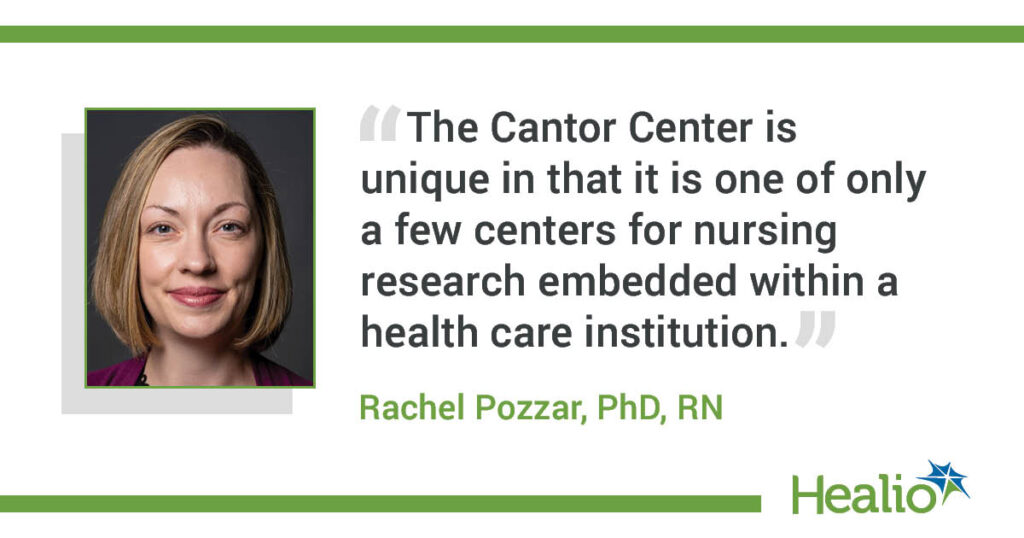
A Breakthrough in Kidney Cancer Treatment: The Hope of a Vaccine
Imagine facing a life-threatening illness like kidney cancer. You hear those words from your doctor, and suddenly your world is turned upside down. You might think of the fears, the treatments, and the uncertainty about what the future holds. For many people battling cancer, the journey can be grueling, filled with difficult decisions and the looming anxiety of whether the cancer will return. Fortunately, hope shines through scientific advancements. One of the latest breakthroughs comes from researchers at the Dana-Farber Cancer Institute, where they have developed an experimental kidney cancer vaccine showing incredible promise in early trials.
What is Cancer?
Before diving into the details of this promising vaccine, let’s first understand what cancer is. Cancer occurs when cells in the body grow and divide uncontrollably. Normally, our body has mechanisms to keep cell growth in check, but sometimes, these systems fail. Cancer cells can form tumors, invade nearby tissues, and sometimes spread to other parts of the body. With kidney cancer, the malignant cells begin in the kidney, and if not treated in time, they can metastasize – that’s a fancy word for spreading – to different organs, which can make it much harder to treat.
The Challenge with Traditional Cancer Treatments
Cancer treatments usually involve surgery, radiation therapy, or chemotherapy. While these methods have saved many lives, they aren’t foolproof. They can be tough on the body, and unfortunately, cancer can often return after treatment. This is where vaccines come into play. Cancer vaccines work differently compared to regular vaccines, like the flu shot, which prepares the immune system to fight off infections. Instead of helping prevent disease from occurring, cancer vaccines aim to train the immune system to target and destroy cancer cells.
The Innovative Kidney Cancer Vaccine
Now, let’s get back to the exciting work happening at the Dana-Farber Cancer Institute. Scientists have developed a unique kidney cancer vaccine in a Phase I trial—a type of clinical trial that tests a new treatment on a small group of patients to see if it works and how safe it is. The trial involved nine patients who were at high risk for the cancer returning. Each of these patients had already undergone some form of treatment for their kidney cancer, but they weren’t out of the woods yet.
What makes this vaccine different is its personalized approach. When patients were treated, the research team took a close look at each individual’s tumor. They identified unique proteins, called neoantigens, that were present only in that patient’s cancer cells. Think of these neoantigens as the “bad guys” wearing unique uniforms. The vaccine was developed to train the patients’ immune systems to recognize these specific “unforms,” helping their bodies identify and attack their own cancer cells.
The Trial’s Results
The results from this early trial were promising. All nine patients showed a strong immune response after receiving the vaccine, which means their bodies were successfully recognizing and fighting the cancer cells. Even more encouraging is that, on average, these patients have remained cancer-free for about 34 months after vaccination. That’s nearly three years without the fear of cancer coming back!
This might sound like a small study, but it’s an important first step in cancer research. The fact that all participants had such positive outcomes is encouraging and shows that this personalized vaccine could be a game-changer in treating kidney cancer and potentially other types of cancer as well.
Why is This So Important?
Existing cancer vaccines have faced limitations, and only a few have been approved for use. The approach that Dana-Farber’s researchers are taking is exciting because it adapts to each patient’s unique cancer profile, making it much more effective than one-size-fits-all treatments. As more research is conducted, the team plans to advance to multicenter studies, which means they’ll be testing the vaccine in larger groups of patients across various locations. This next step is crucial to validate the vaccine’s effectiveness and understand how it performs in a broader population.
The Bigger Picture: What This Means for Cancer Treatment
The research at Dana-Farber is not just about kidney cancer. This innovative vaccine strategy could pave the way for new treatments for different types of cancers too. Imagine if scientists could develop similar vaccines for breast cancer, lung cancer, or even more aggressive forms of cancer! The implications are vast. A vaccine that could help the immune system identify and eliminate cancer cells means that fewer people would have to endure the physical toll of traditional treatments like chemotherapy or radiation.
Furthermore, this personalized approach has the potential to revolutionize how we think about fighting cancer. It emphasizes the importance of understanding each patient’s unique biology and how it can inform treatment strategies. This personalized medicine approach is increasingly becoming the future of healthcare, offering tailored treatments that maximize effectiveness and minimize side effects.
Words of Optimism
While it’s important to remain cautious—clinical trials take time, and not every initial success translates into wider applications—the results so far bring hope to many. Each positive outcome in research expands our potential to overcome some of the toughest health challenges facing humanity.
As a young adult, you may find yourself thinking about your health, your family, or friends who may have been affected by cancer. You might even have your own aspirations to work in medicine or research one day. This exciting work being done at Dana-Farber shows just how far science has come and how it can improve lives.
Cancer is a formidable force, but with research like this, we are witnessing the development of innovative strategies that could one day lead to better prevention, detection, and treatment. Just think about it: the mere idea that a vaccine could protect someone from cancer could change the health landscape dramatically.
So, what do you think about these advances in cancer treatment? Have you or someone you know been affected by cancer? How do you feel about the prospect of personalized medicine becoming the norm? Share your thoughts in the comments below! Your perspective could inspire someone else and add to the conversation around this important topic.





